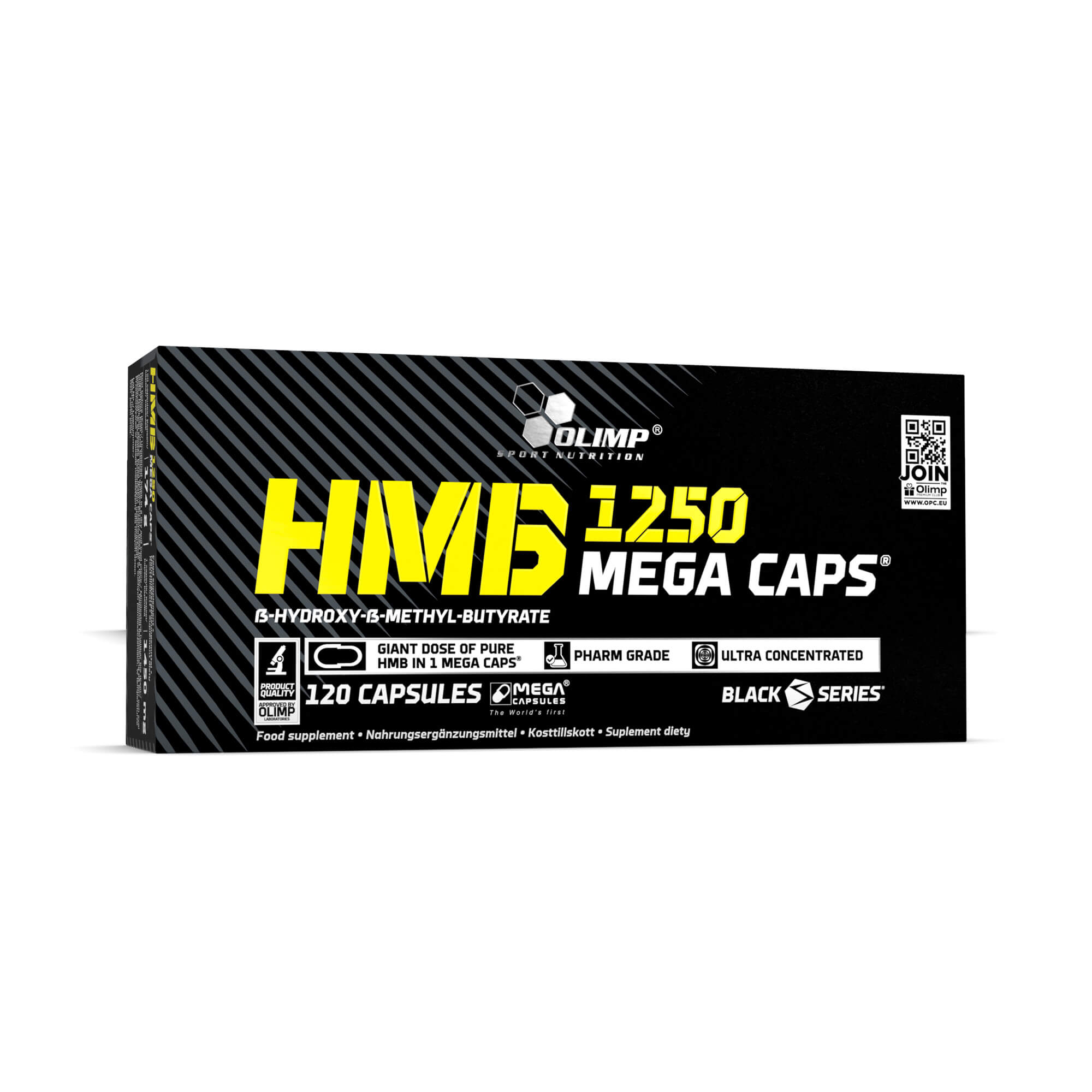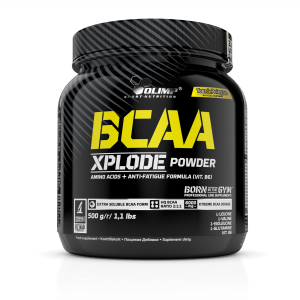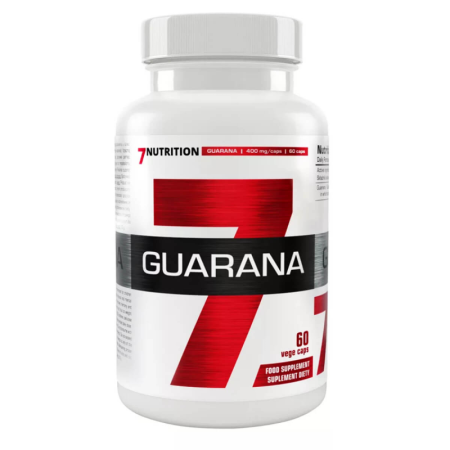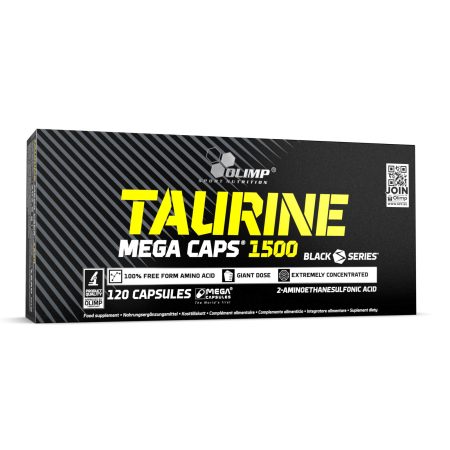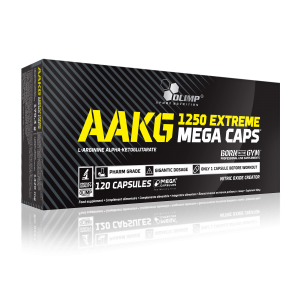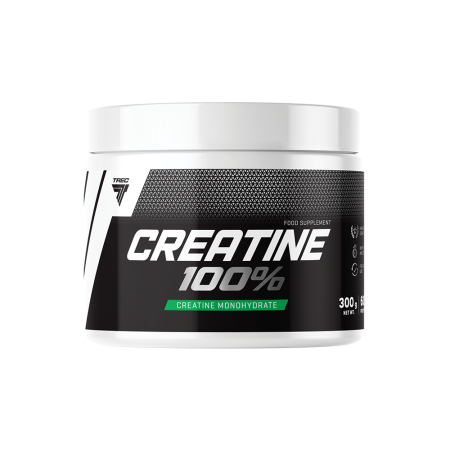HMB (beta-hydroxy-beta-methylbutyrate) is a bioactive nutrient belonging to the group of branched short-chain fatty acids, considered by some sources as a vitamin-like factor (similar to vitamins in terms of its effects), found naturally – in small quantities – in food, as well as produced by the human body as a result of the conversion of the branched-chain amino acid – leucine. Numerous studies show that adding HMB to the diet can facilitate the development of lean body mass due to its positive influence on the storing of muscle proteins and the reduction of fat tissue.
As the literature suggests, this particular effect of HMB may be attributed to the:
- activation of kinases – enzymes which act as a second messenger of information during the protein synthesis process
- interaction with kinases during the activation of initiation complexes which trigger the elongation phase of protein synthesis
- inactivation of catabolic enzymes which destroy muscle proteins
- activation of steroidogenesis – the synthesis pathway of steroid compounds, including anabolic steroid hormones, such as testosterone
- impact on the activity of PPARs – the receptors for fatty acids, stimulating the synthesis of red muscle fibres and the production of a number of proteins responsible for the transport and burning of fatty acids.

